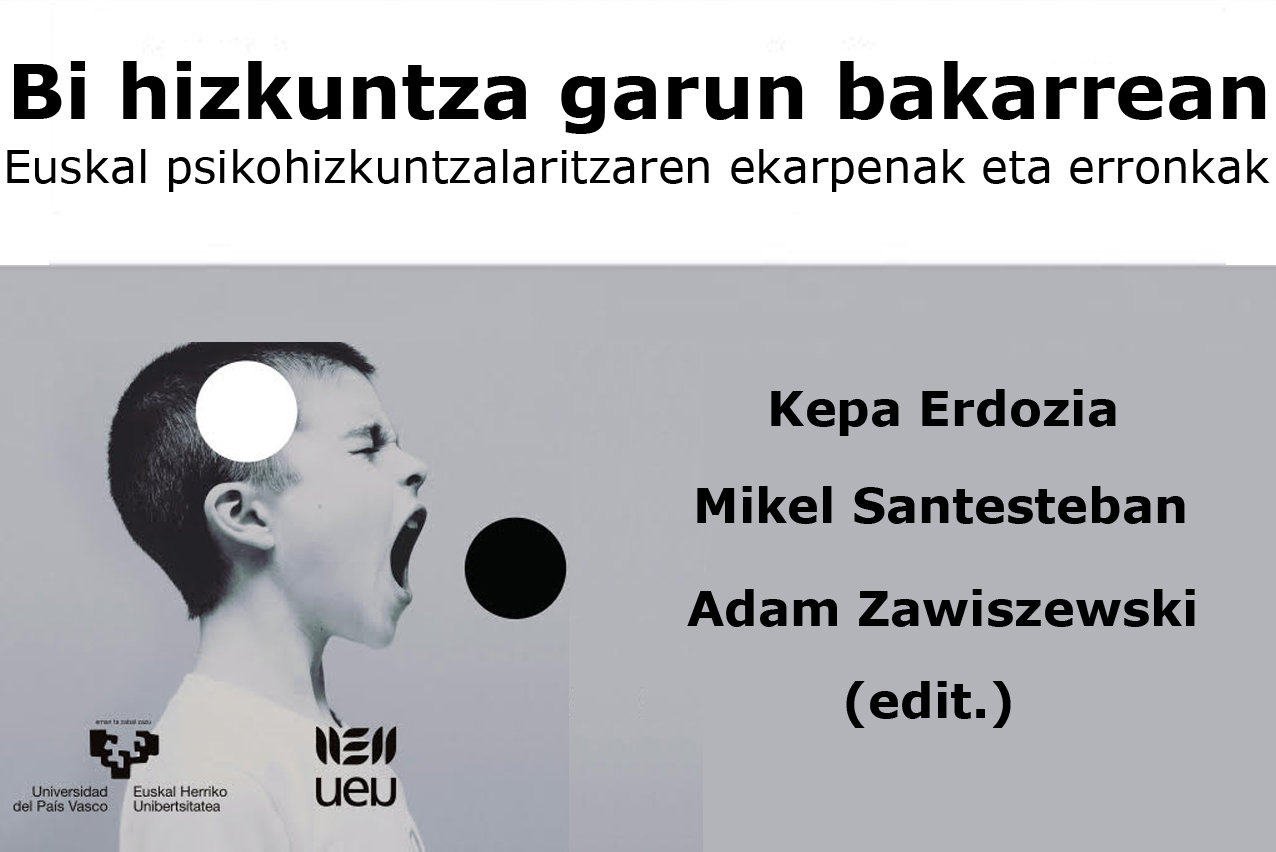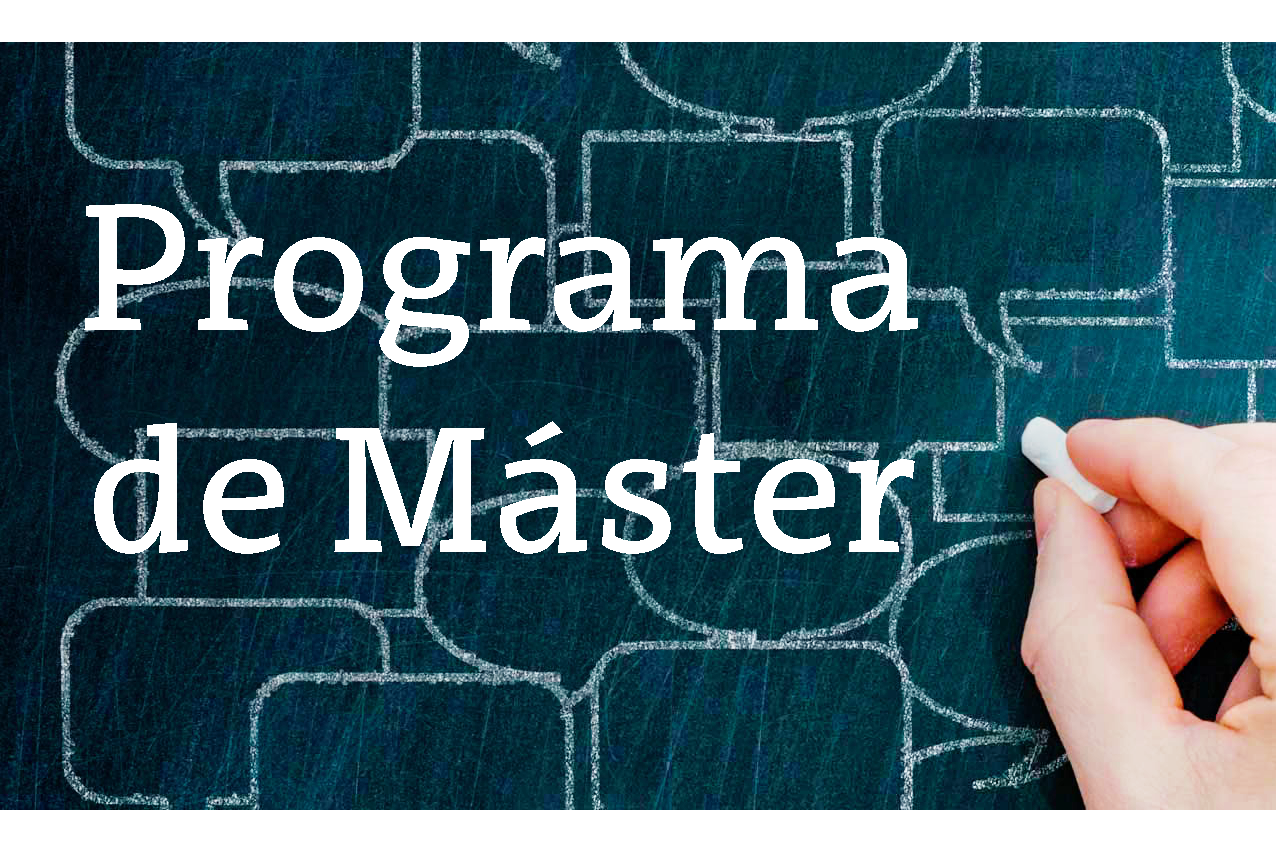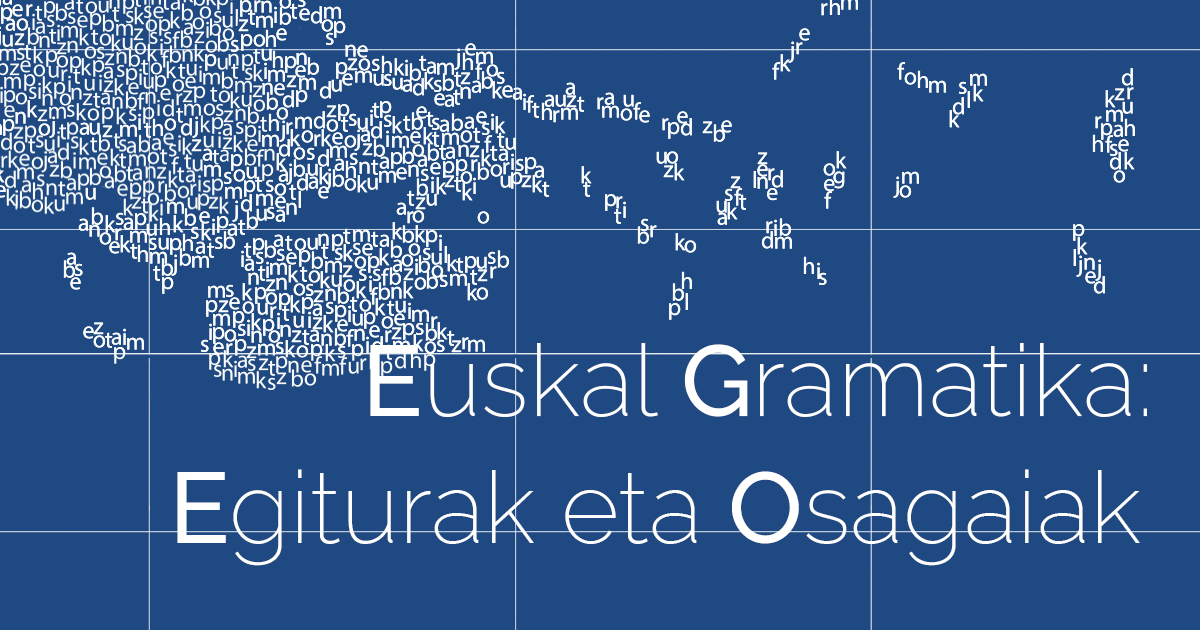- Marco Calabria (Universitat Oberta de Catalunya)
Talk: Granularity and modularity of language: insights into lexical retrieval deficits
Language, as a complex system, presents various granularities and modularities that pose both challenges and opportunities in understanding age-related deficits in speech production. In this talk, I will focus on the interplay between granularity and modularity in lexical retrieval deficits, with a particular emphasis on neurodegenerative diseases. I will discuss how comparing different types of diseases can reveal underlying deficits in specific levels of word production, as delineated by psycholinguistic models. Additionally, I will examine the commonalities in word-finding deficits across various brain diseases, which may challenge the predictions of certain language-based models of the brain.
- Sven Mattys (University of York)
Talk: Age-related changes in cognitive recruitment during listening in adverse conditions
Cognitive decline is a dominant feature of aging. In this presentation, I will discuss the effect of cognitive decline on three facets of language processing: statistical learning, phoneme perception, and near-threshold sound detection. The ability to use statistical regularities in the soundscape to segment words from connected speech is observed in infancy and is thought to be largely automatic. Indeed, we found that statistical learning is remarkably stable across the lifespan, confirming the relative resilience of implicit learning to the aging process. However, an age effect appeared when statistical learning was measured under cognitive pressure (divided attention), highlighting age-related changes not so much in language processing itself but in the top-down cognitive control of linguistic functions. This observation was confirmed in a series of experiments showing that older listeners have difficulty inhibiting task-irrelevant lexical knowledge when performing a phoneme identification task (did you hear /g/ or /k/?); again, inhibition deficits were especially pronounced under divided attention. Age-related deficits in attention control were observed even in a task presumed to be encapsulated from cognition, namely a hearing test. Older participants’ audiometric thresholds were raised by approximately 3 dB when performing a hearing test under divided attention, whereas younger participants’ thresholds were largely unaffected. Taken together, our studies show that age-related changes in language and speech processing must be examined within a cognitive listening framework, with cognitive control, resources, and effort as defining constructs rather than linguistic processes per se.
- Jana Reifegerste (Georgetown University)
Talk: Sentence processing in aging: What changes, what doesn’t, and why?
Over the last century, the average human lifespan has nearly doubled, rendering the effects of aging on cognition, including language, an increasingly vital research topic. Yet, the study of the developmental trajectory of language processing has largely focused on comparing linguistic abilities between children and young adults. Research into how language processing evolves from early adulthood to older age remains sparse, especially regarding sentence processing, which has received even less attention than other linguistic domains. This is noteworthy, given that understanding the changes in language processing with age can offer insights into the broader (neuro)cognitive mechanisms of language.
In this talk, I will present research on sentence-level processing across the lifespan, focusing on the computation of dependencies between sentence constituents, as is found, for example, during agreement computation and pronoun resolution. This work suggests that some aspects of syntactic processing can remain largely immune to aging. In contrast, when grammatical processing involves cognitive functions that are themselves affected by aging (e.g., working memory, processing speed), age-related declines in grammar processing emerge. On the flip side, some recent work suggests the potential for improvements with increasing age, likely as a consequence of lifelong exposure.
In conclusion, I will present evidence indicating that age differences in sentence processing may be at least partly explained by age-related changes in other aspects of cognition.










